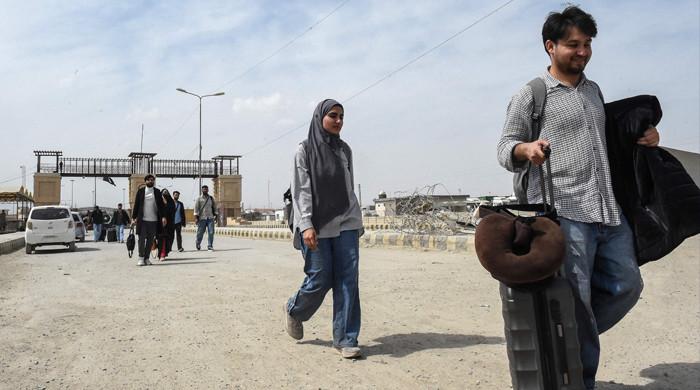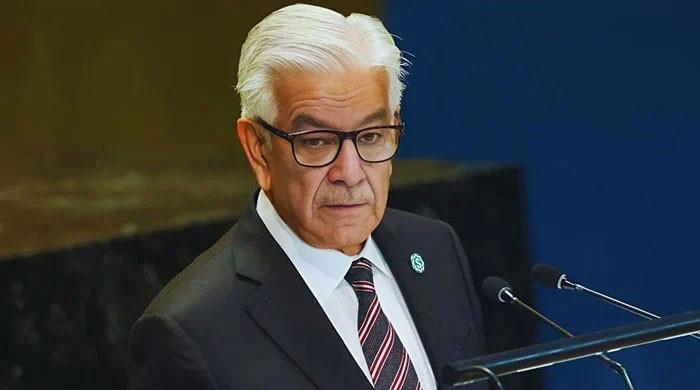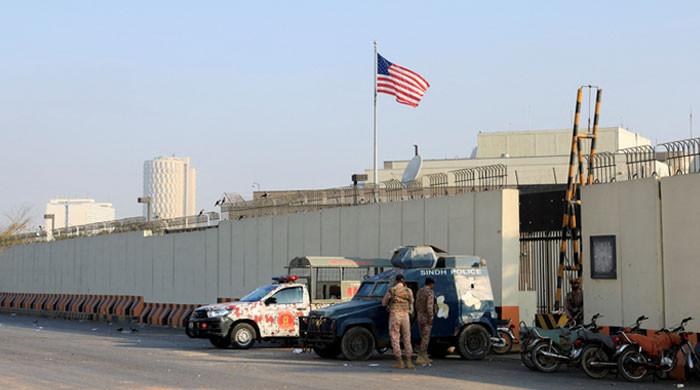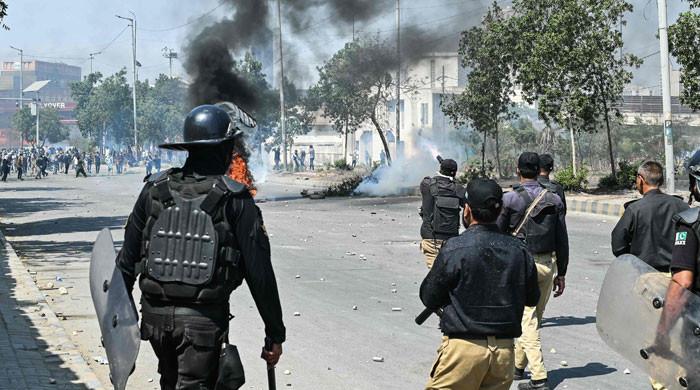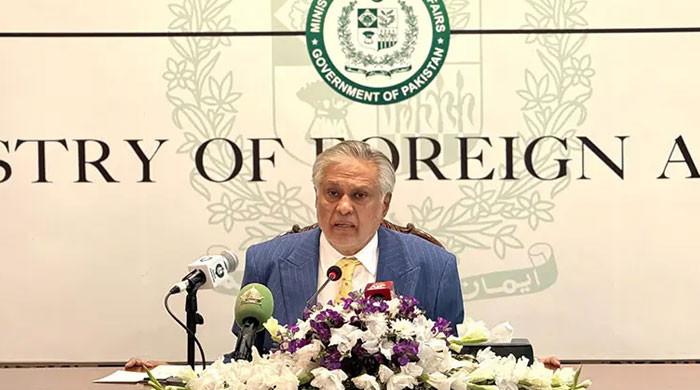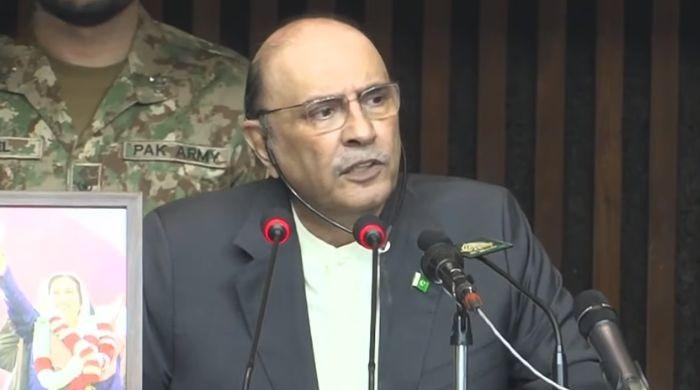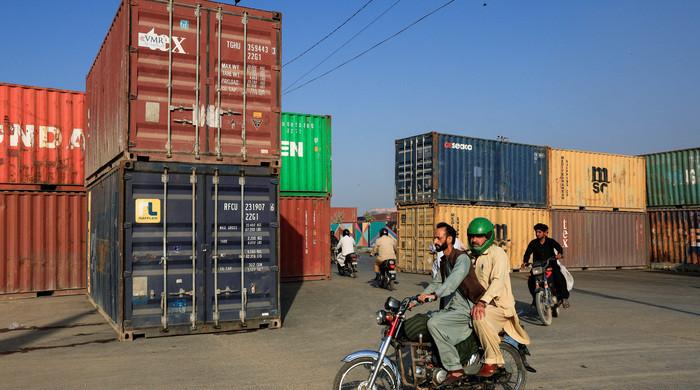At least 1.3m Afghan refugees repatriated from Pakistan, NA told
Around 3 million Afghan refugees reside in Pakistan, including 813,000 Afghan Citizen Cards holders
May 14, 2025
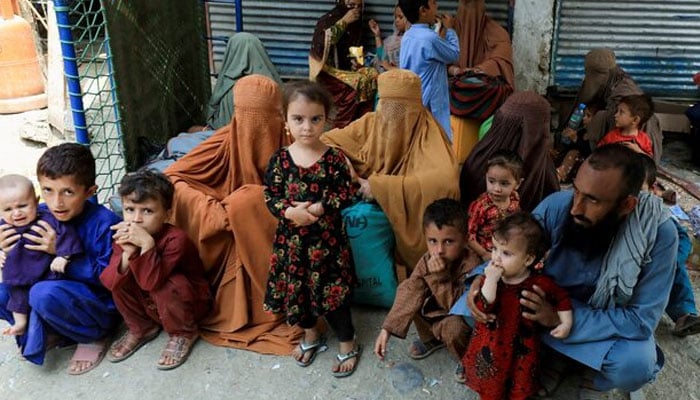
- 3 million Afghan refugees had been residing in Pakistan.
- June 30 is deadline for Afghan nationals to voluntarily return.
- UNHCR says “deportation must be voluntary, not forced".
ISLAMABAD: The National Assembly was informed on Wednesday that at least 1.3 million Afghan refugees have been repatriated from Pakistan so far.
Responding to a question raised by MNA Anjum Aqeel Khan, Parliamentary Secretary Mukhtar Ahmad Malik stated that around 3 million Afghan refugees had been residing in Pakistan. Out of these, 813,000 hold Afghan Citizen Cards (ACC), while 1.3 million possess Proof of Registration (PoR) cards.
He further emphasised that under the One Document Regime, Afghan nationals who wish to enter Pakistan for medical treatment, education, or business purposes are welcome, provided they obtain the appropriate visa and carry all valid documents.
Last month, State Minister for Interior Talal Chaudhry said that Pakistan set a June 30 deadline for registered Afghan nationals, including Proof of Registration (PoR) holders, to voluntarily return to Afghanistan.
Speaking to Geo News, he said, “After this, formal deportation procedures will begin. Afghan refugees were and remain our guests. They are being sent back with full dignity and respect.”
The minister added that this is part of Pakistan’s One Document Policy, under which 857,157 undocumented individuals — most of them Afghans — have been repatriated since the policy’s enforcement. Those wishing to return to Pakistan in the future must obtain visas as per international norms.
Meanwhile, UNHCR’s spokesperson Qaisar Khan Afridi stressed — also in conversation with Geo News — that deportation must be voluntary, not forced.
“Among these refugees are former Afghan government officials, civil society activists, musicians, and educated professionals. Forcing them back would mean putting their lives at serious risk,” he said.
Afridi also highlighted that the UNHCR received complaints of arrests in parts of Punjab, even involving some documented Afghan refugees.
However, Chaudhry categorically denied such incidents, stating that no such case has been officially reported and that previous allegations turned out to be fake news upon verification.
He clarified that Afghan refugees who fail to leave within the stated deadlines are not immediately deported, but are first notified, and then taken to refugee holding centres where they are provided food, shelter, security, medical aid and travel facilities.




